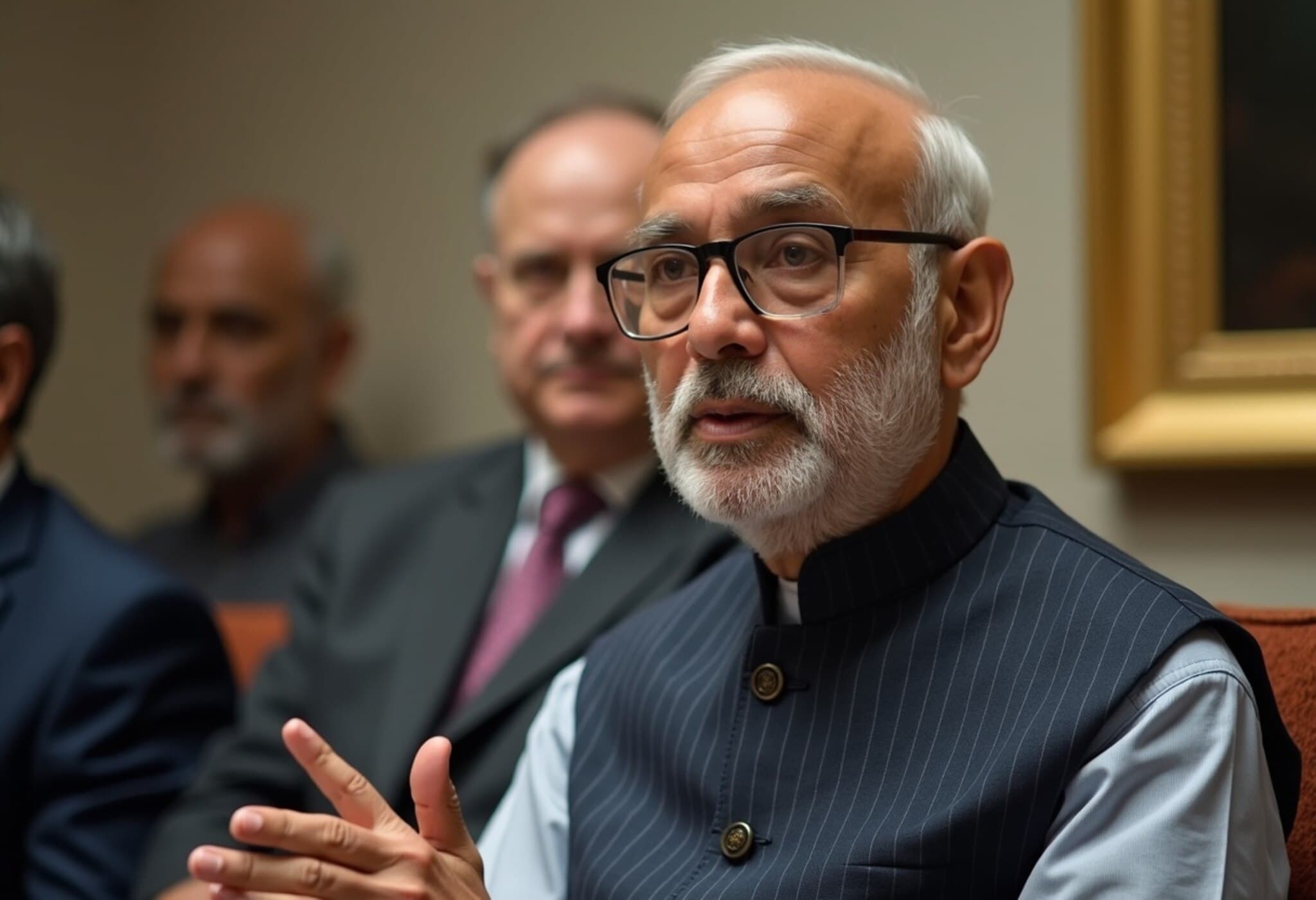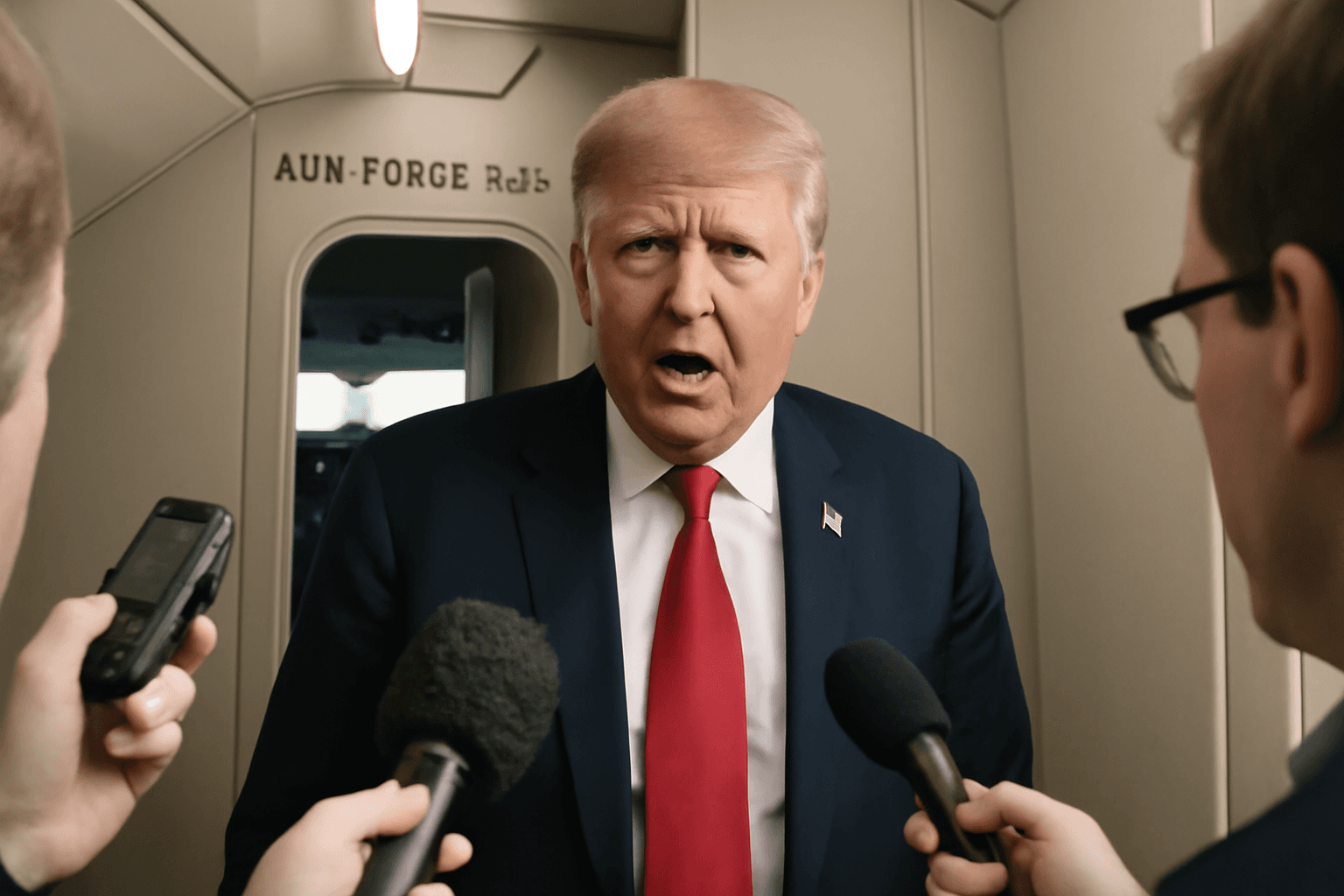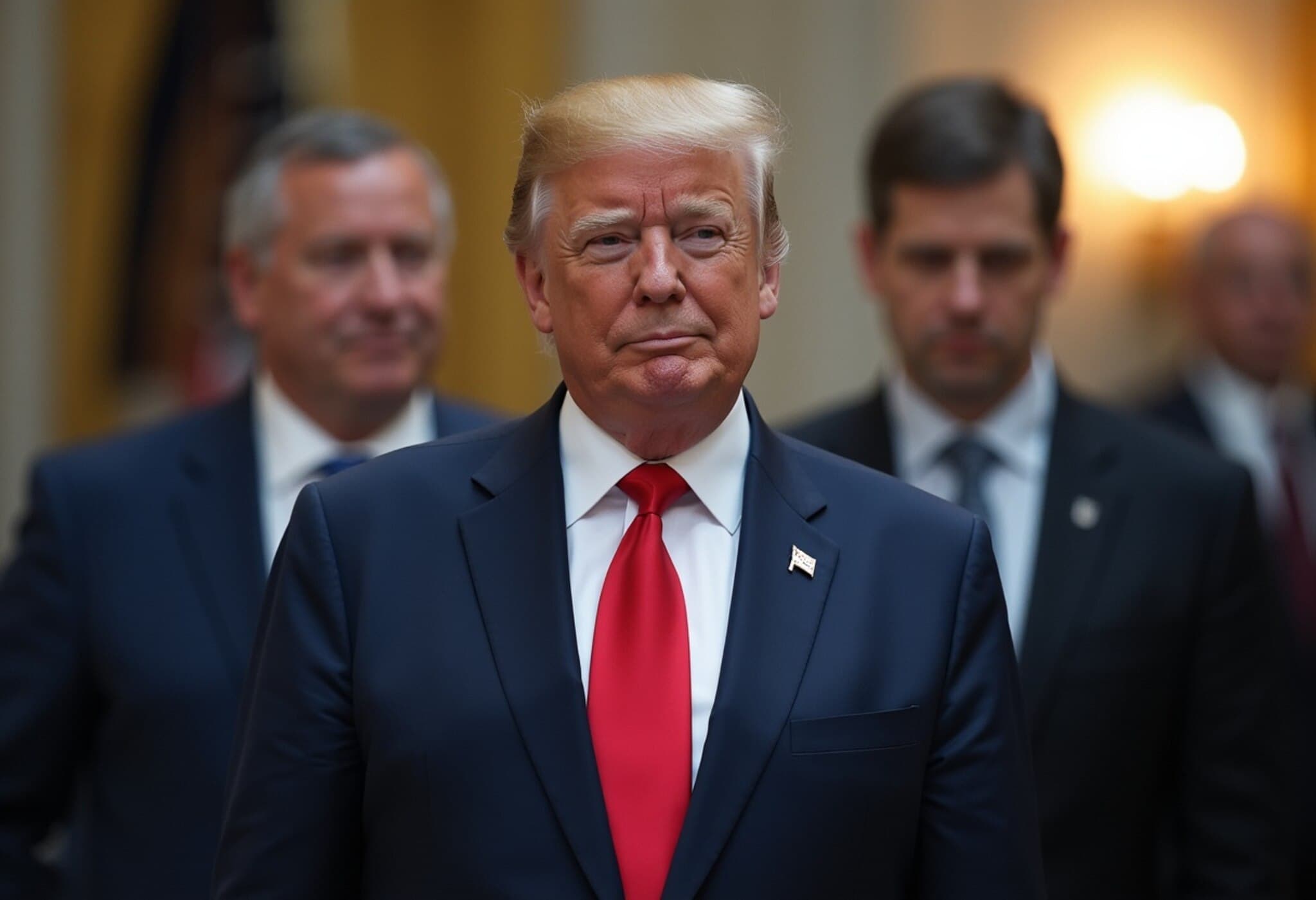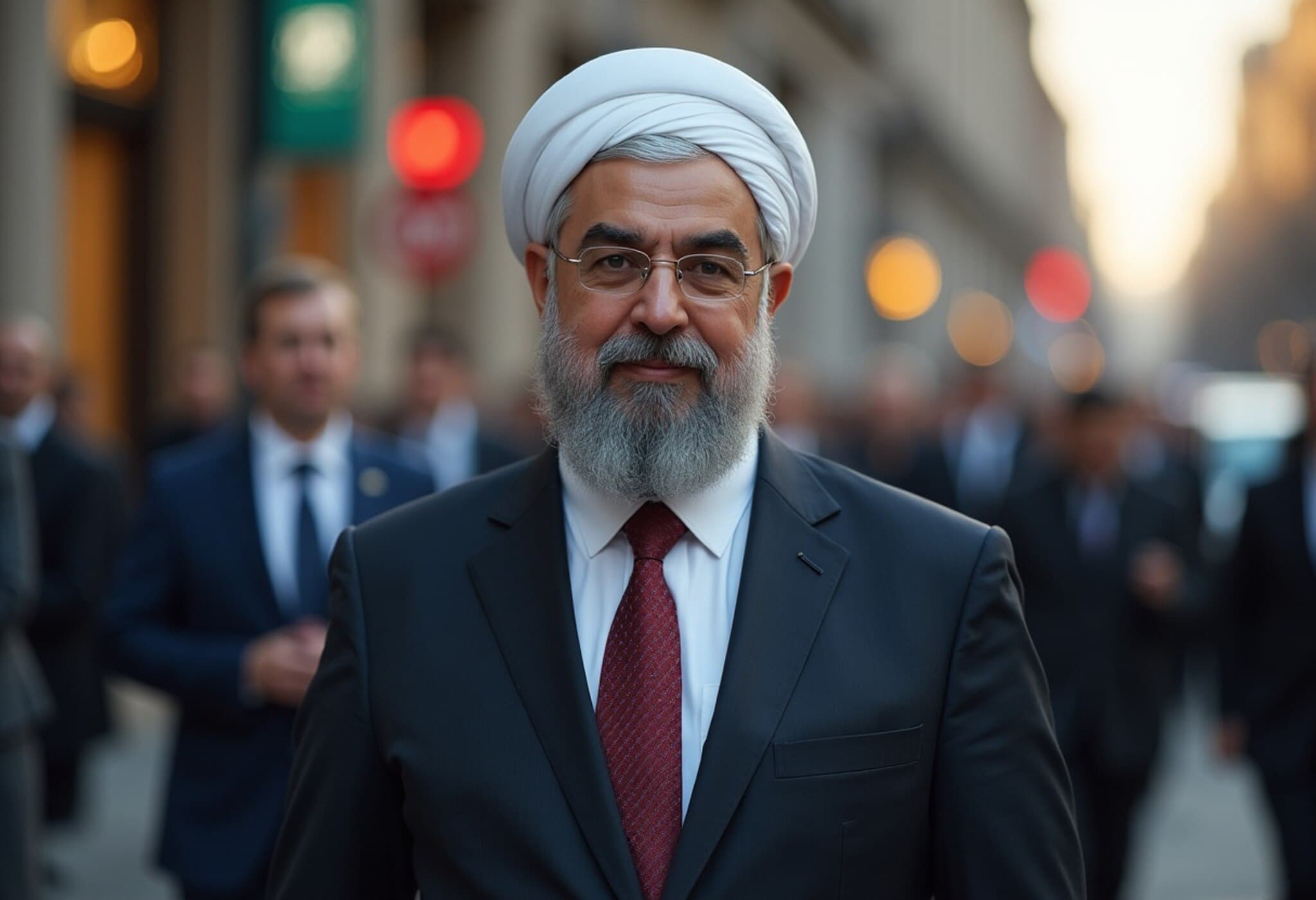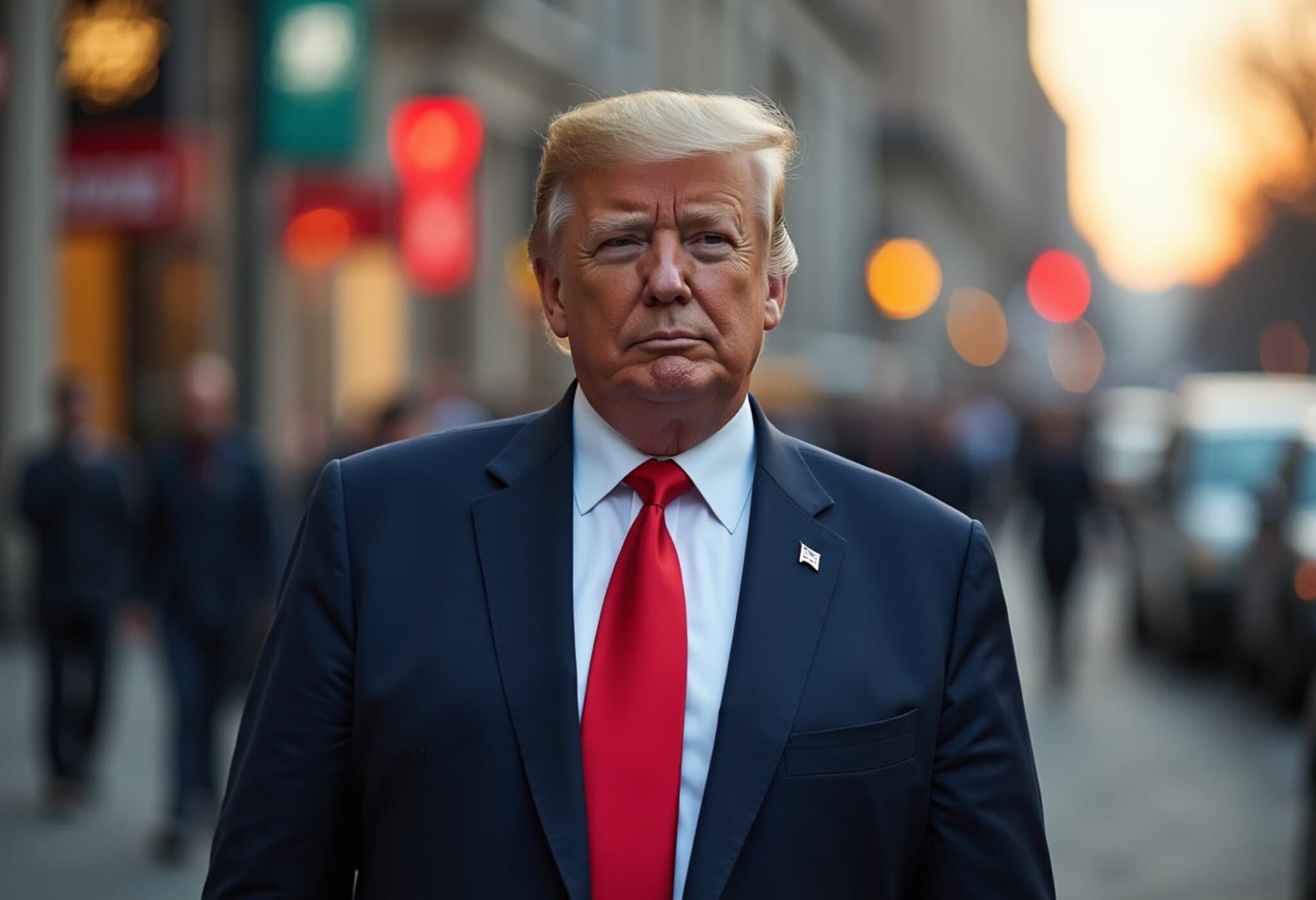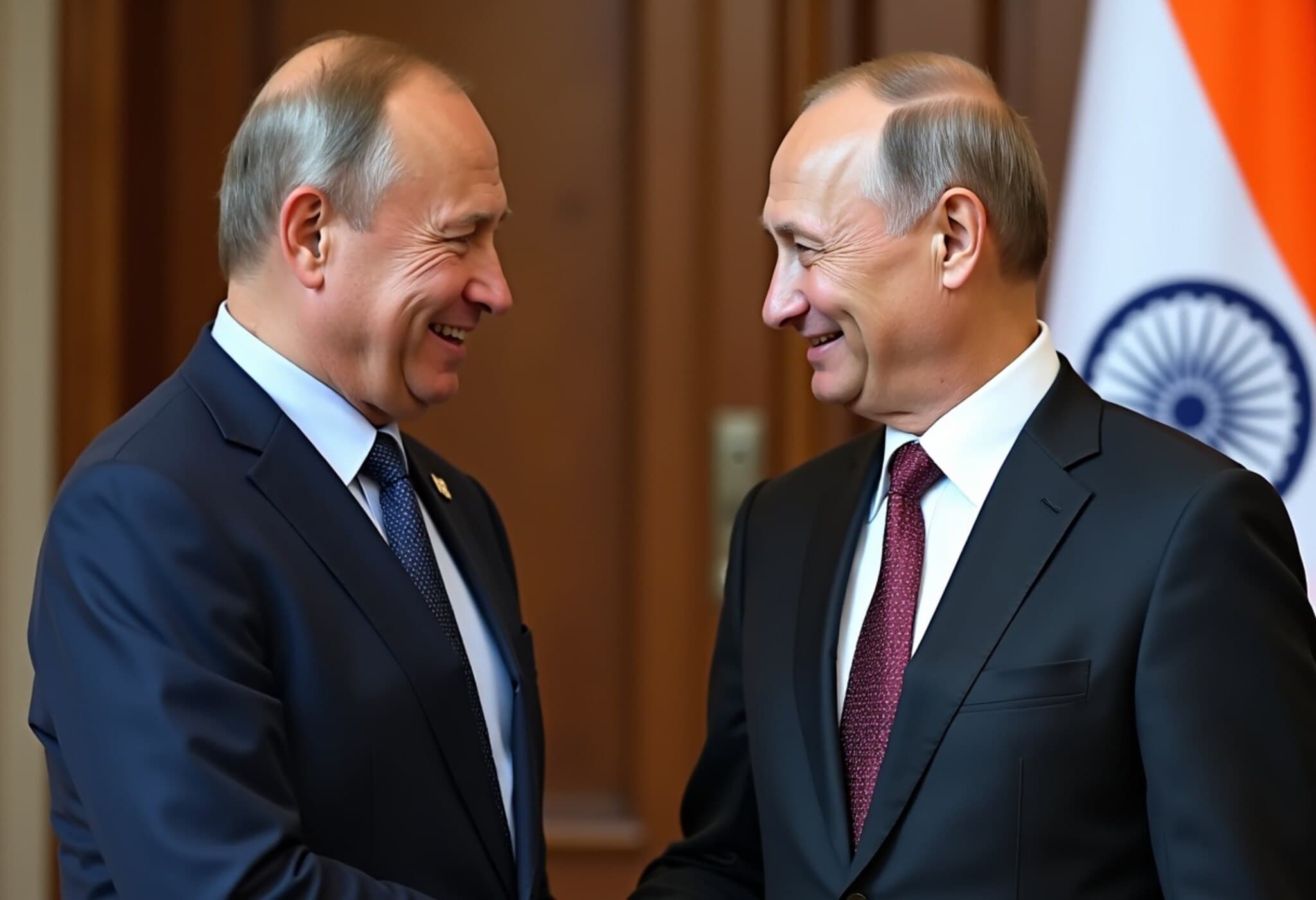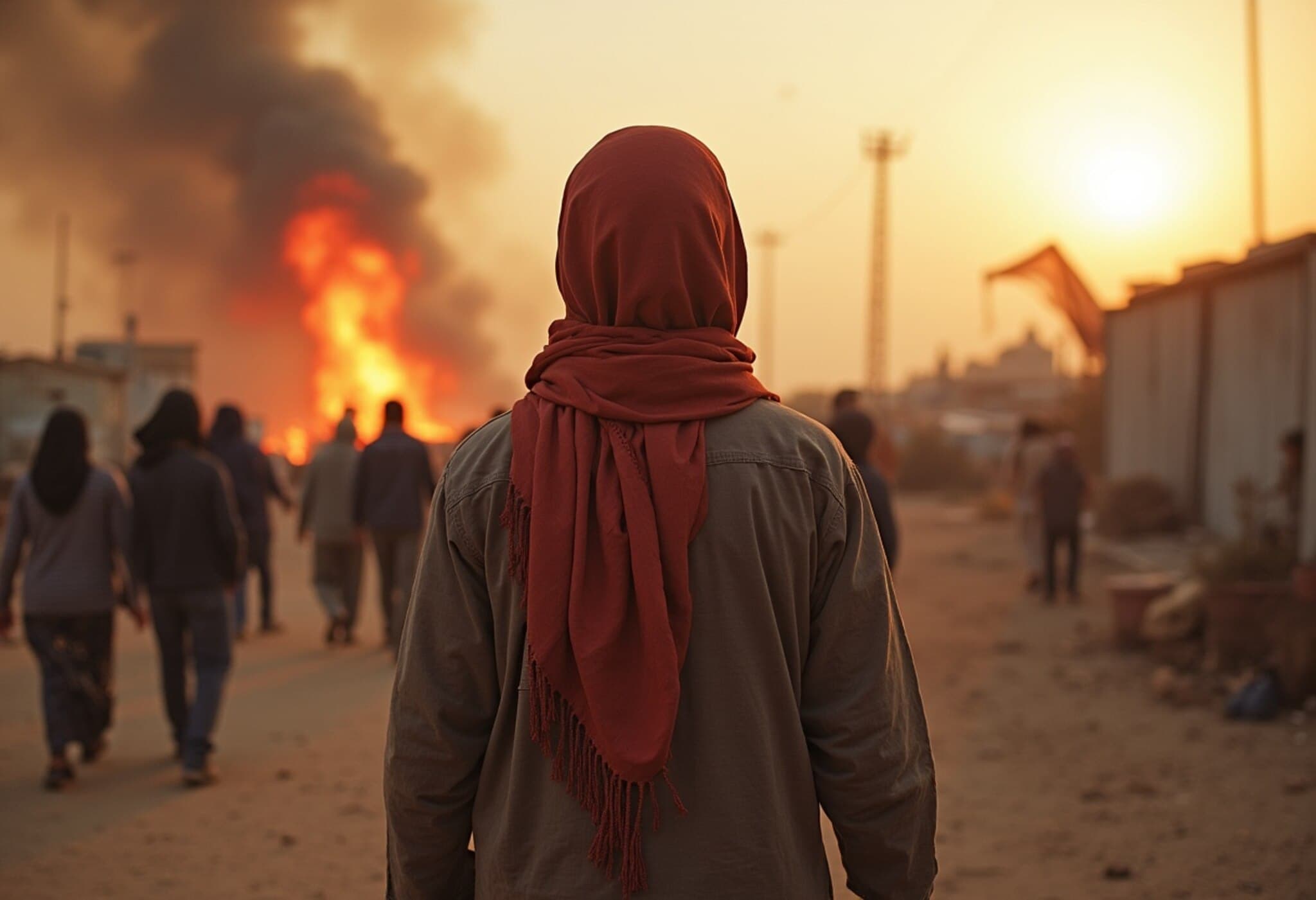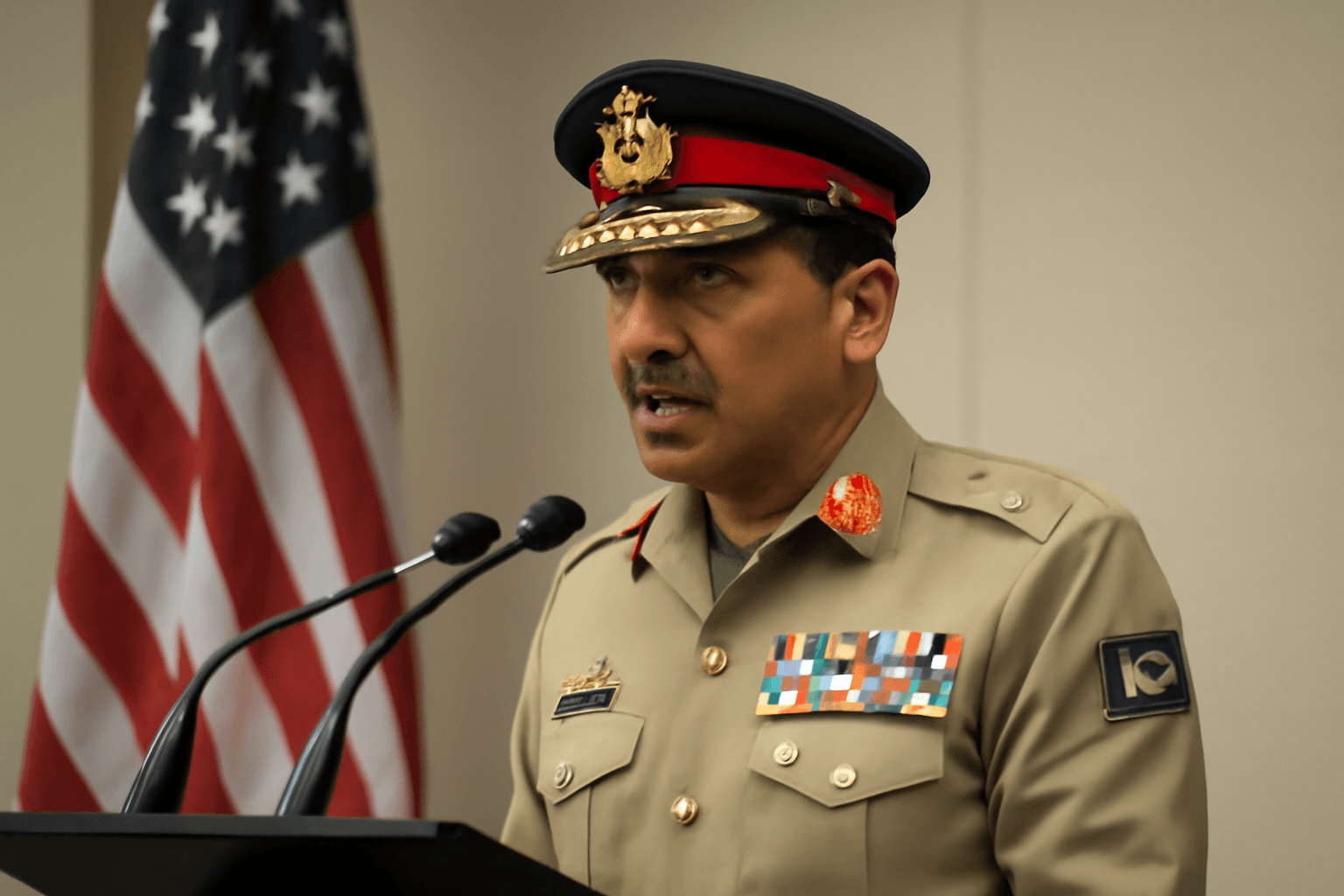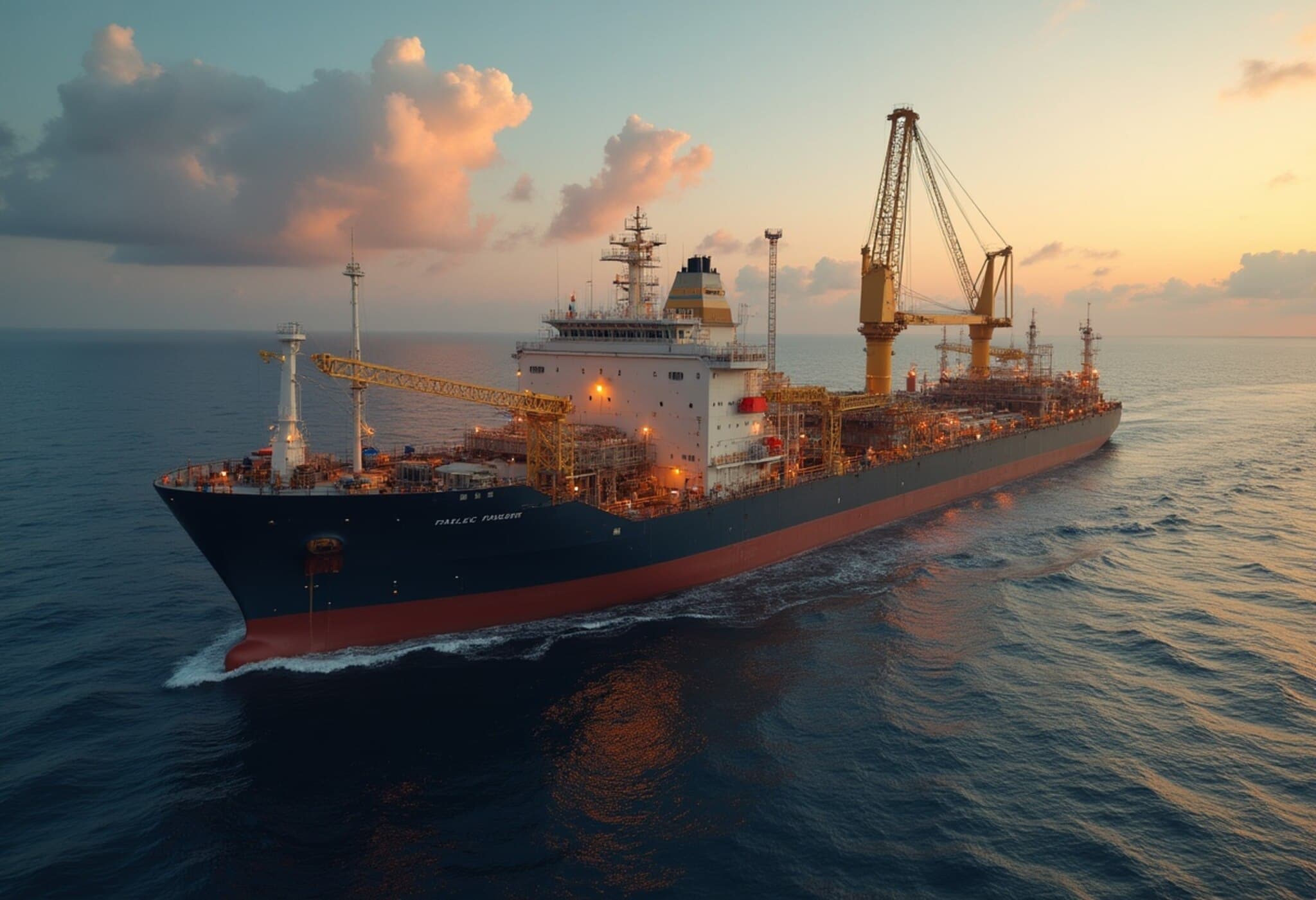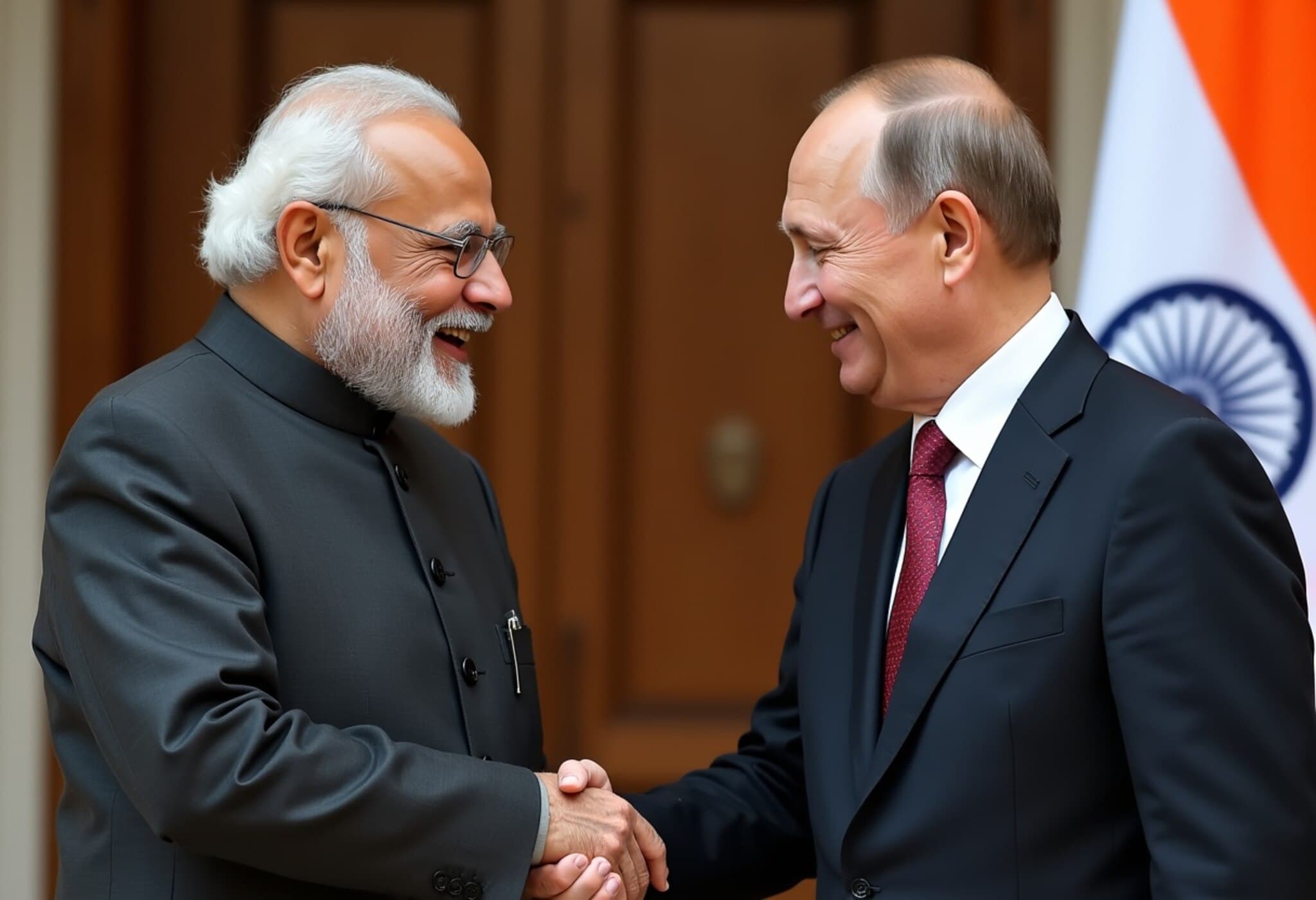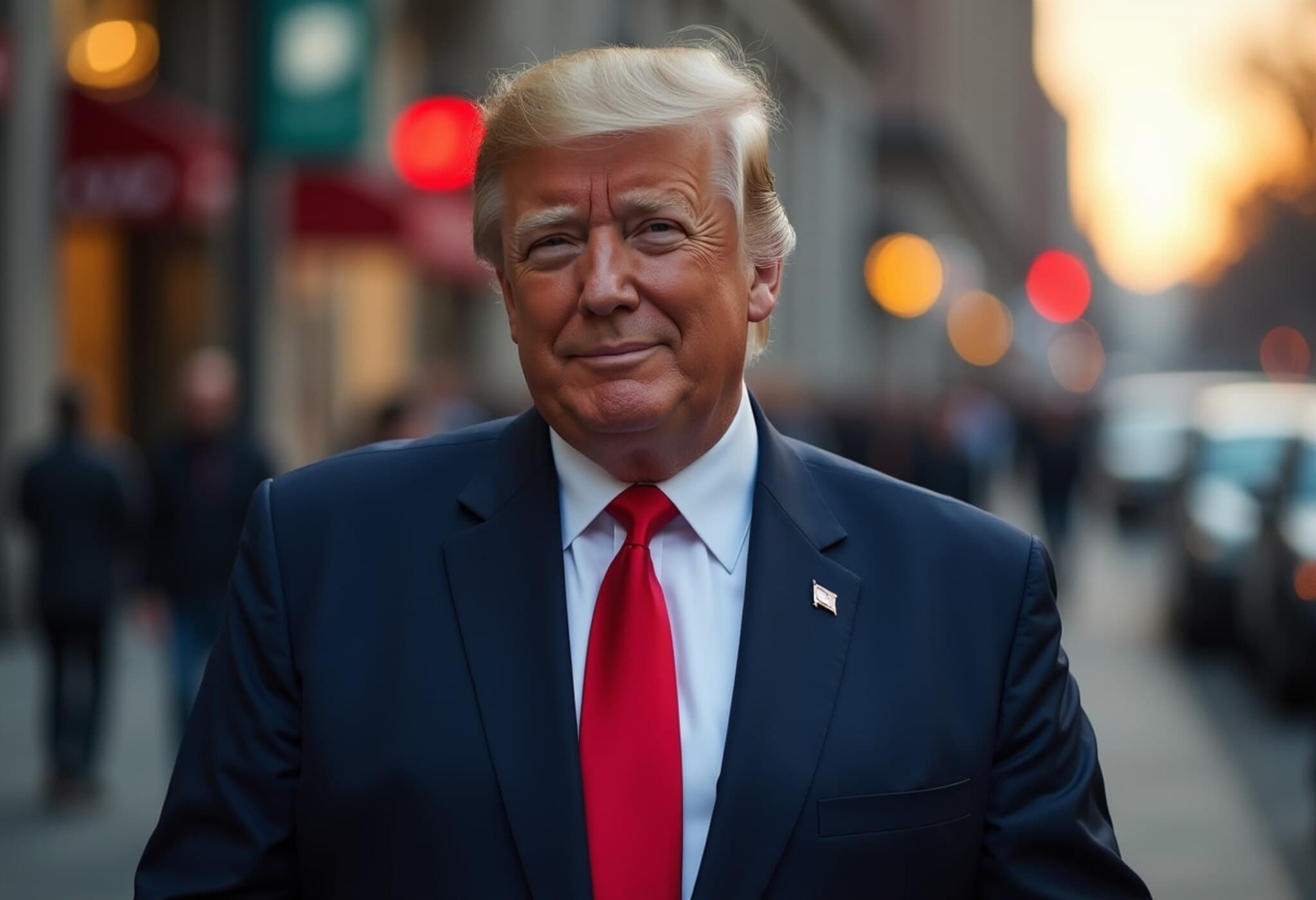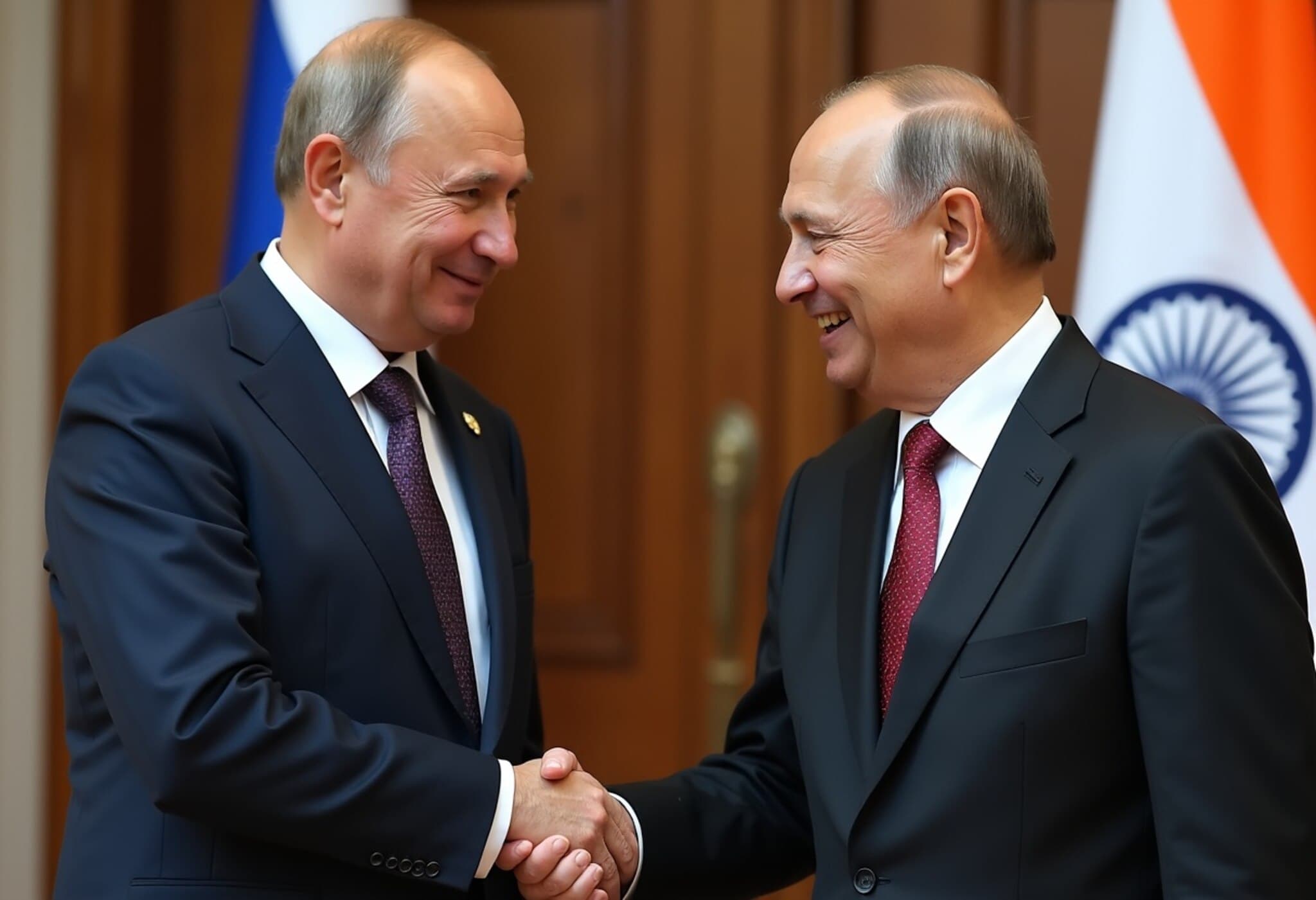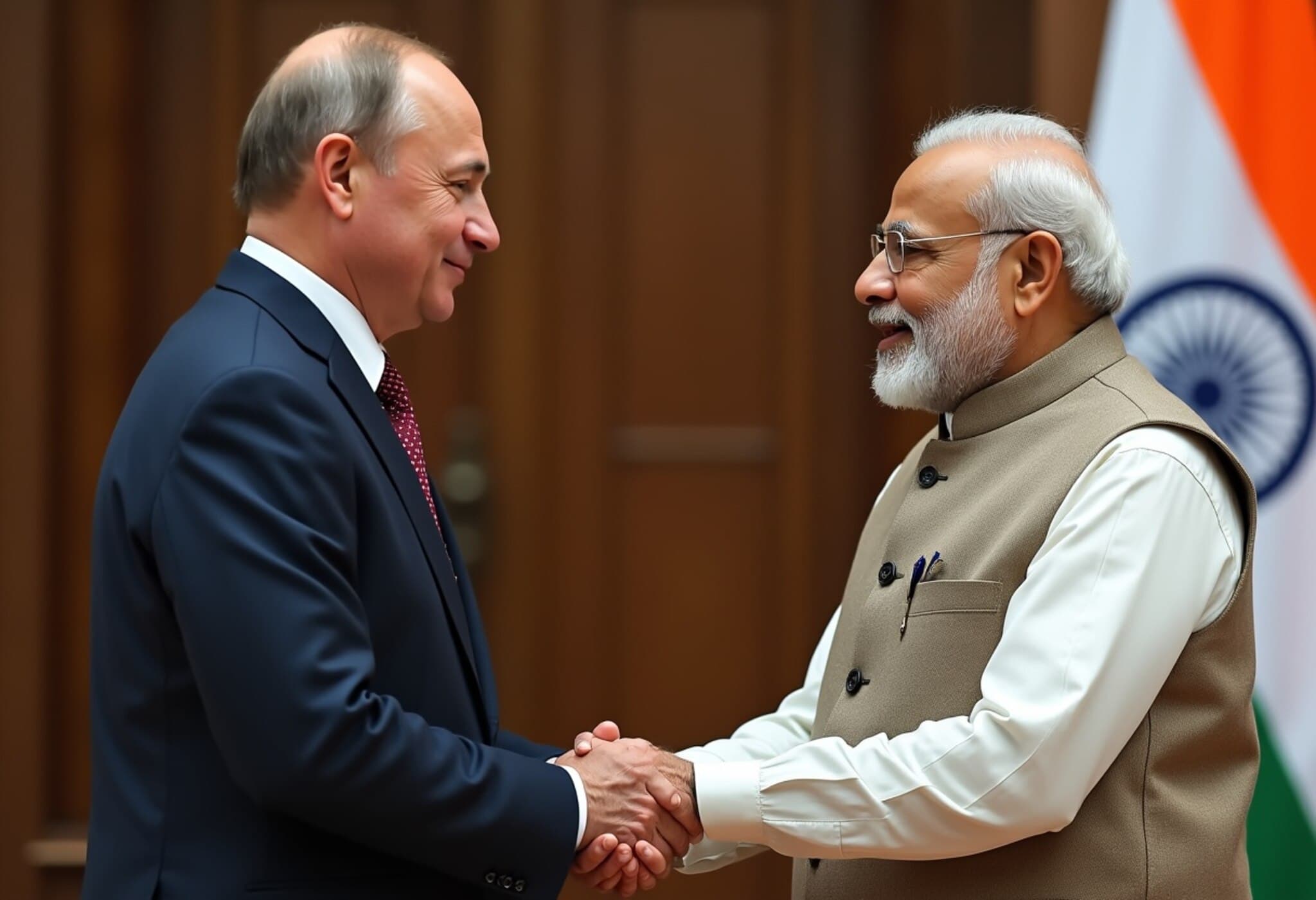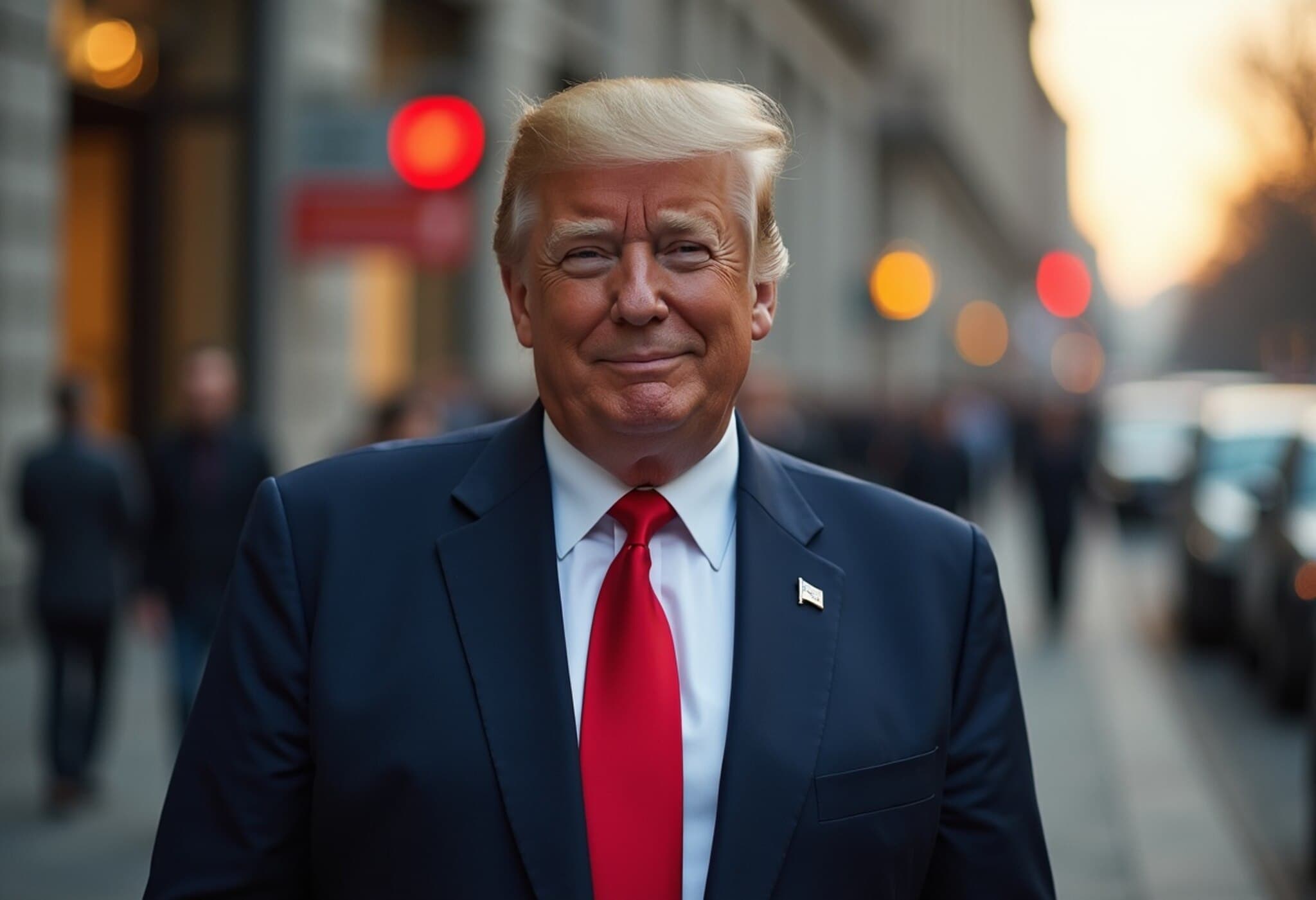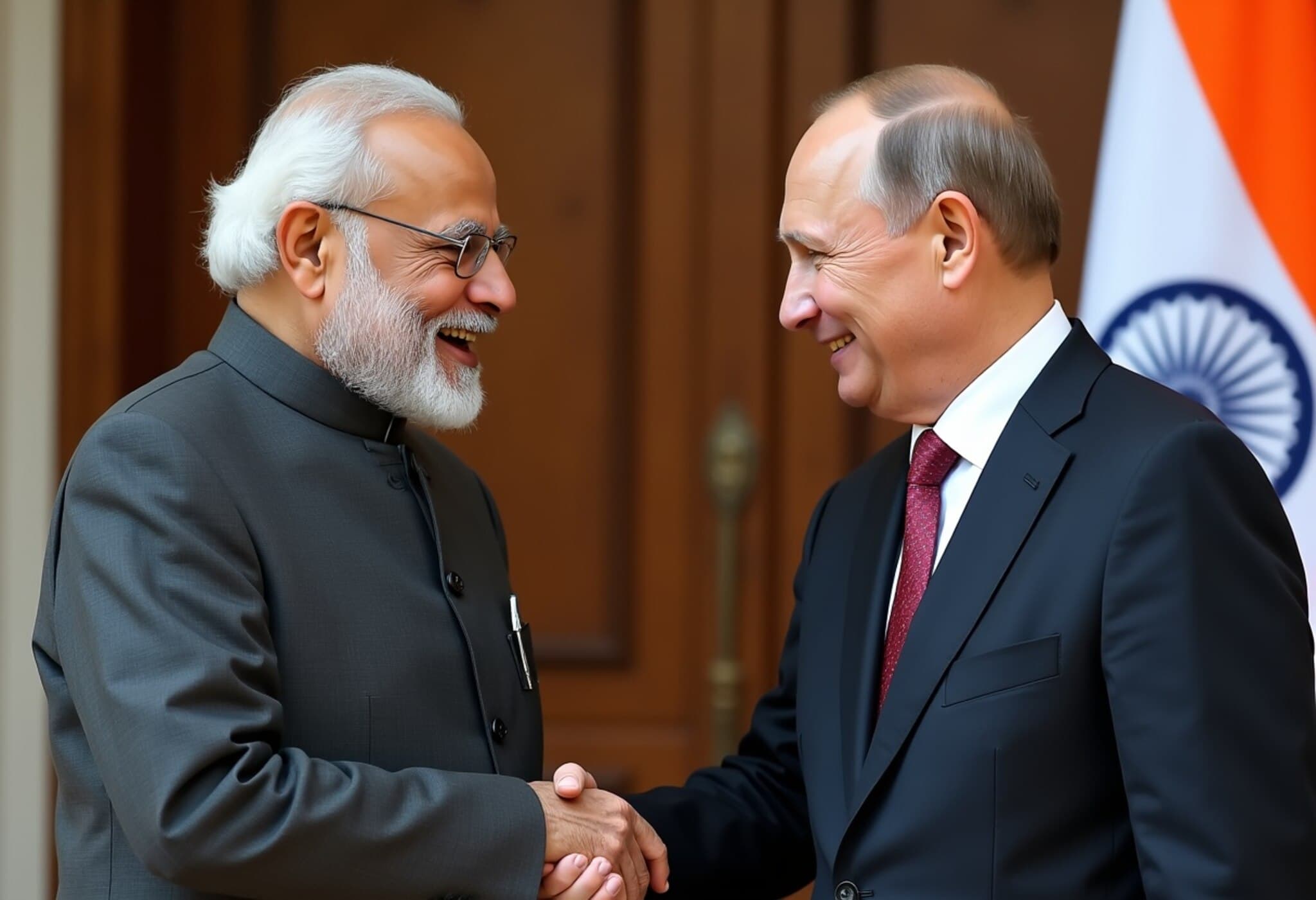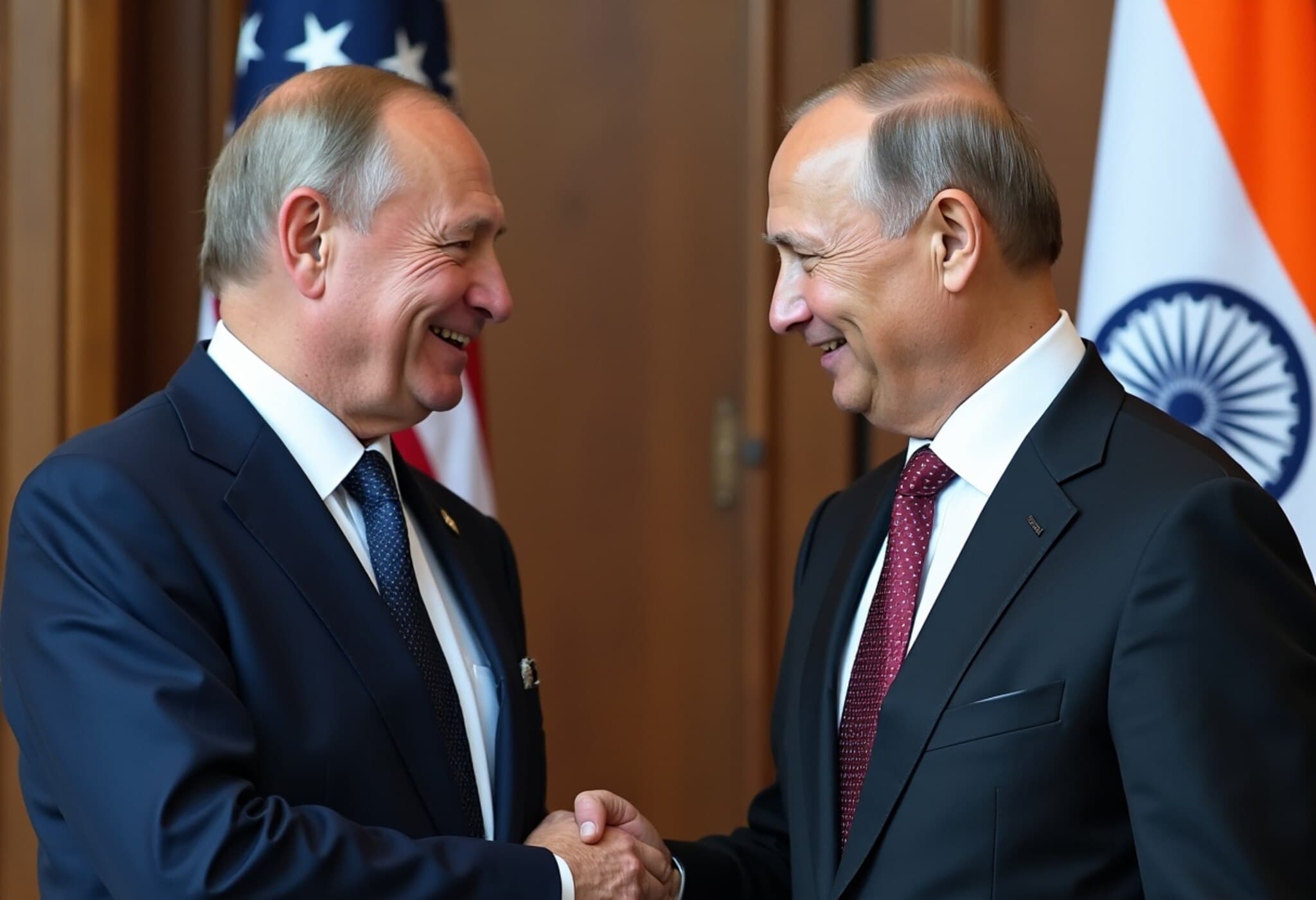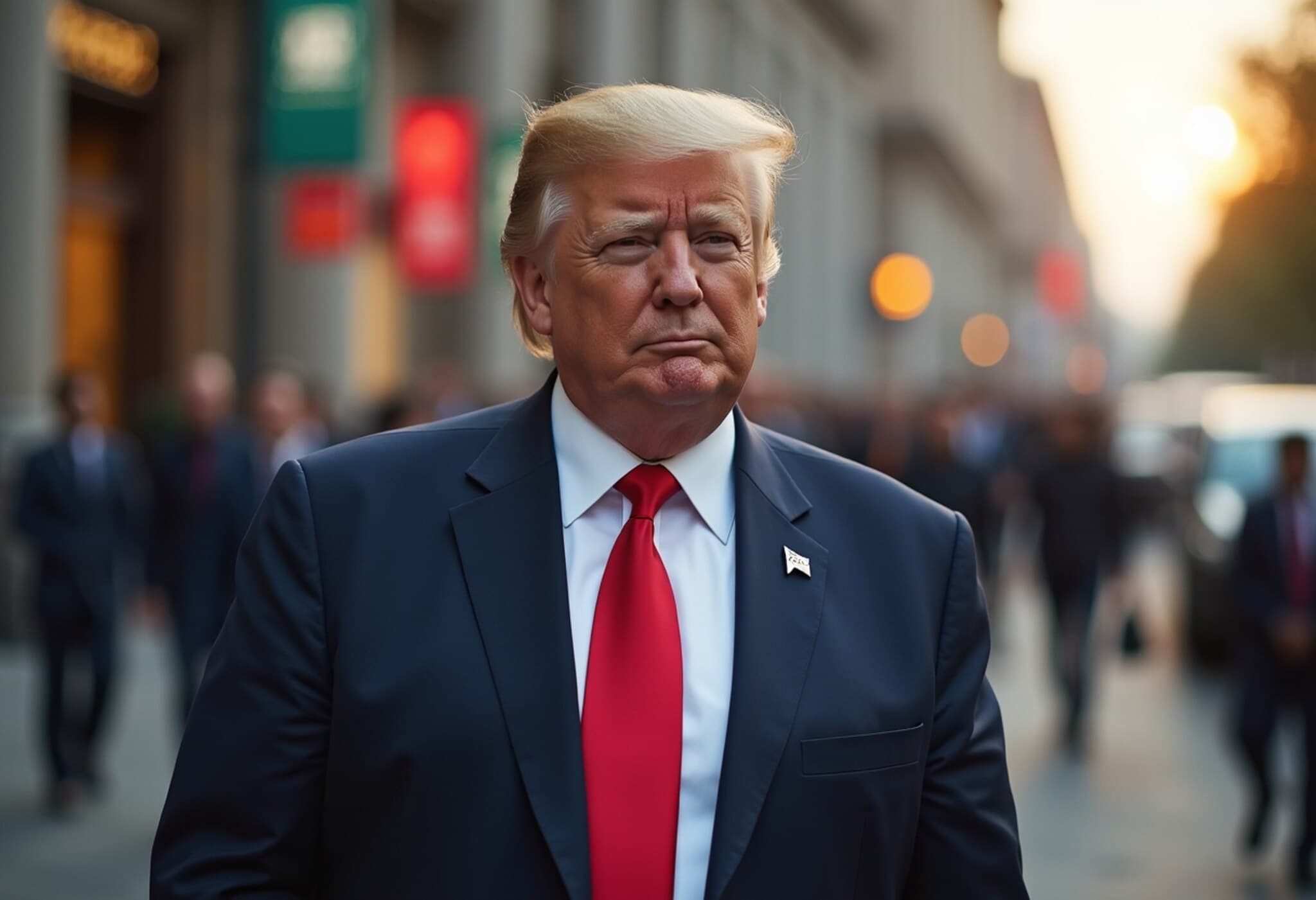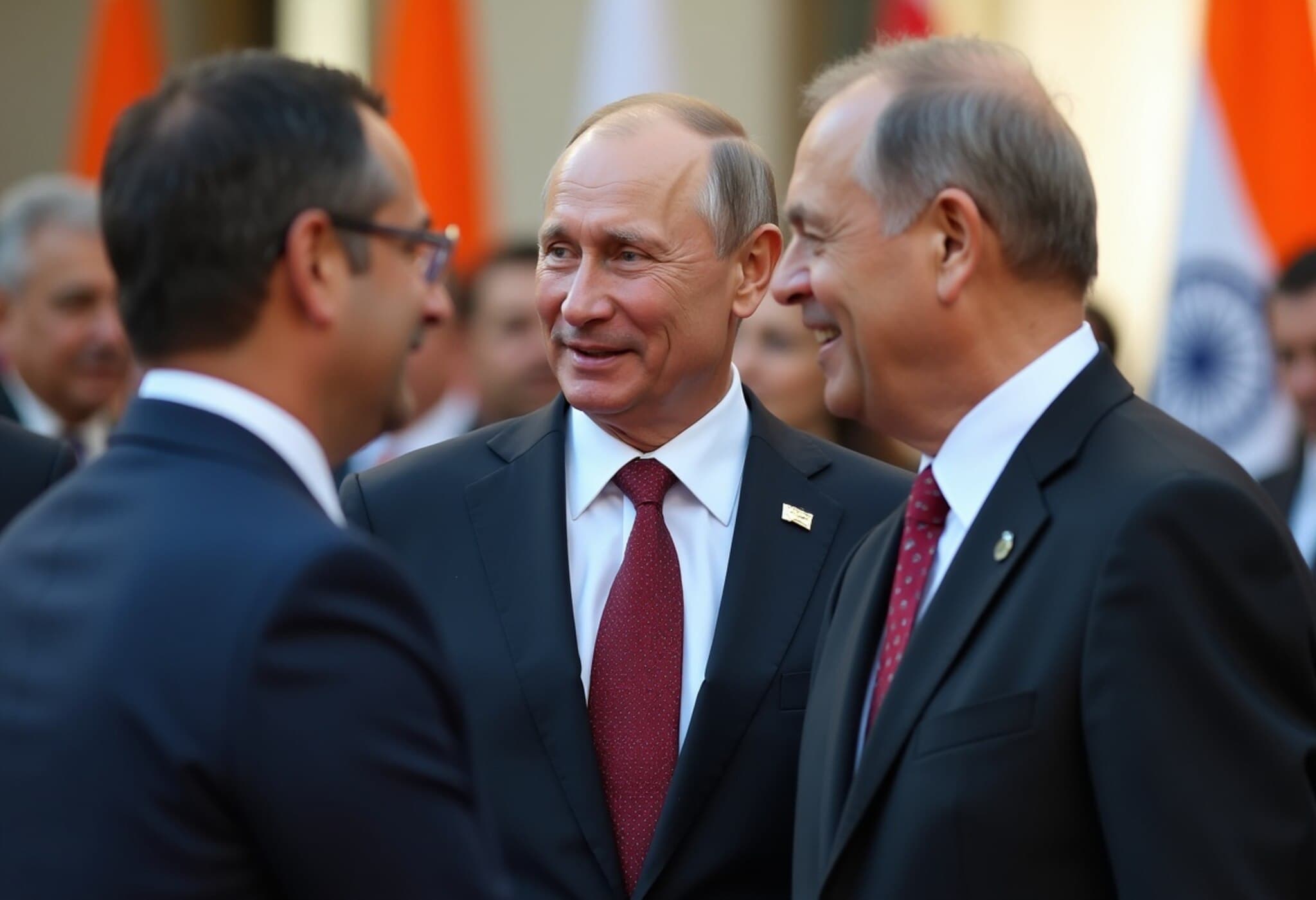India’s Stance on Russian Energy Imports Clarified by External Affairs Minister S Jaishankar in Moscow
During a pivotal press briefing in Moscow on August 21, 2025, India's External Affairs Minister S Jaishankar sought to address widespread international criticism surrounding India’s purchase of Russian oil and liquefied natural gas (LNG). He emphasized that contrary to popular assumptions, China, not India, remains the largest buyer of Russian oil, while the European Union leads as the top LNG importer.
Setting the Record Straight Amid Global Scrutiny
Amid rising geopolitical tensions and extensive scrutiny—especially from Western countries including the United States—Jaishankar firmly asserted India’s energy procurement strategy is aligned with global market stabilization efforts. Speaking alongside Russian Foreign Minister Sergei Lavrov at a joint briefing, he highlighted:
“We are not the biggest purchasers of Russian oil, that is China. We are not the biggest purchasers of LNG, that is the European Union. We are not the country which has seen the biggest surge in trade with Russia post-2022; some countries to the South have experienced that.”
This candid clarification challenges the narrative often perpetuated in international media that unfairly singles out India as disproportionately supporting Russia amidst the Ukraine conflict.
Energy Security and Economic Pragmatism
Minister Jaishankar also underscored India's broader energy diversification efforts, reaffirming that India actively increases oil imports from multiple sources, including the United States. In fact, Indian imports of American oil have increased, reflecting a pragmatic approach to ensuring stable and affordable energy supplies for its growing economy.
Responding to criticism, Jaishankar expressed confusion over what he termed “illogical arguments” questioning India’s energy transactions, stating:
“We are a country where the Americans have said for the last few years that we should do everything to stabilize the world energy market, including buying oil from Russia.”
Contextualizing India’s Position on the Global Stage
India’s balancing act occurs amid a complex global landscape where energy markets, diplomacy, and security concerns intersect. The country has faced pressure, notably from former U.S. President Donald Trump, who has previously doubled tariffs as a punitive measure for Indian purchases of discounted Russian oil — perceived by the U.S. as indirectly funding the ongoing war in Ukraine.
Nevertheless, New Delhi insists on its sovereign right to procure energy based on affordable pricing to control inflation and fuel economic growth. This stance also aligns with India’s broader foreign policy strategy, exemplified by Prime Minister Narendra Modi’s close diplomatic ties with both Russian President Vladimir Putin, whom he has called a “friend,” and his impending visit to China to meet President Xi Jinping after seven years.
Expert Insight: Navigating Geopolitical Energy Dynamics
From an economic and policy perspective, India’s multifaceted approach to energy procurement reflects its imperative to secure energy at competitive rates amidst global supply disruptions caused by geopolitical conflicts. As the world pivots on energy security and sustainable growth, India’s diversified import portfolio reduces vulnerability to sanctions or supply shocks, illustrating pragmatic diplomacy transcending binary Cold War-style alliances.
Furthermore, the EU’s position as the leading LNG importer and China’s dominance in Russian crude oil procurement speak to evolving geopolitical fault lines redefining global energy flows. India's position as a rising economic powerhouse necessitates nuanced engagement with major players to balance economic interests and international diplomacy.
Looking Ahead: What India’s Energy Strategy Signals
- India is poised to continue its pragmatic multi-source energy import strategy to support its expanding economy.
- Strengthened diplomatic ties with Russia and China indicate a deliberate balancing act to maintain autonomy amid escalating East-West tensions.
- International criticism of India’s energy policies highlights larger questions about the role of developing economies in geopolitically charged energy markets.
As the annual India-Russia bilateral dialogue progresses and President Putin’s anticipated visit approaches, scrutiny on energy trade dynamics will intensify, offering a critical lens into the intersection of commerce, diplomacy, and global security.
Editor’s Note:
India’s positioning as neither the largest buyer of Russian oil nor LNG but a strategic energy market player underscores the complex realities of global energy geopolitics in 2025. Beyond inflated narratives, the country’s approach reflects a nuanced commitment to energy security, economic stability, and sovereignty. Readers may consider how emerging economies balance international pressure and domestic imperatives while navigating an unpredictable geopolitical landscape shaped by conflict, competition, and climate concerns.

